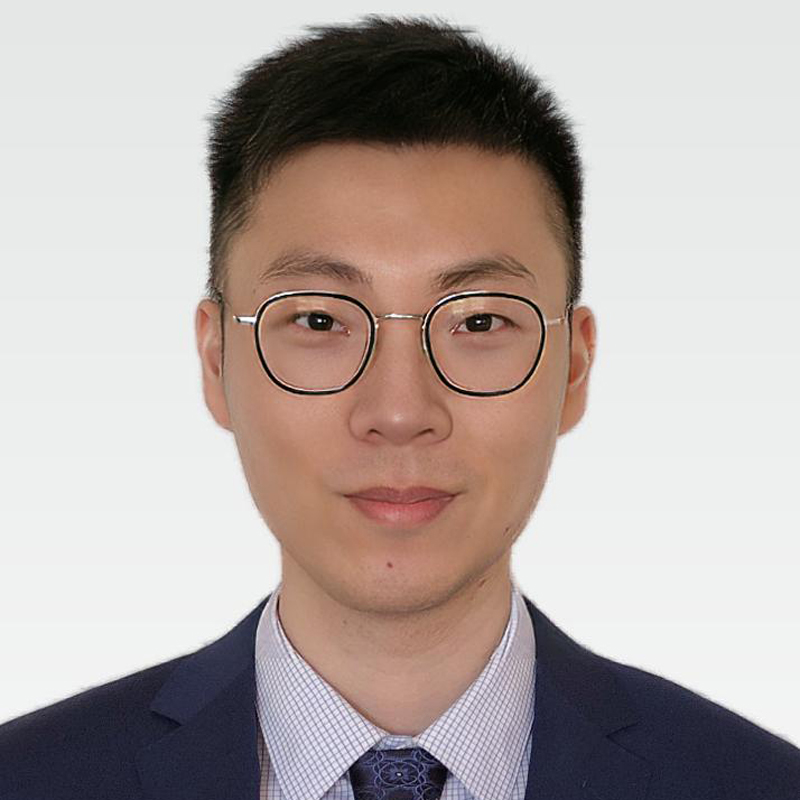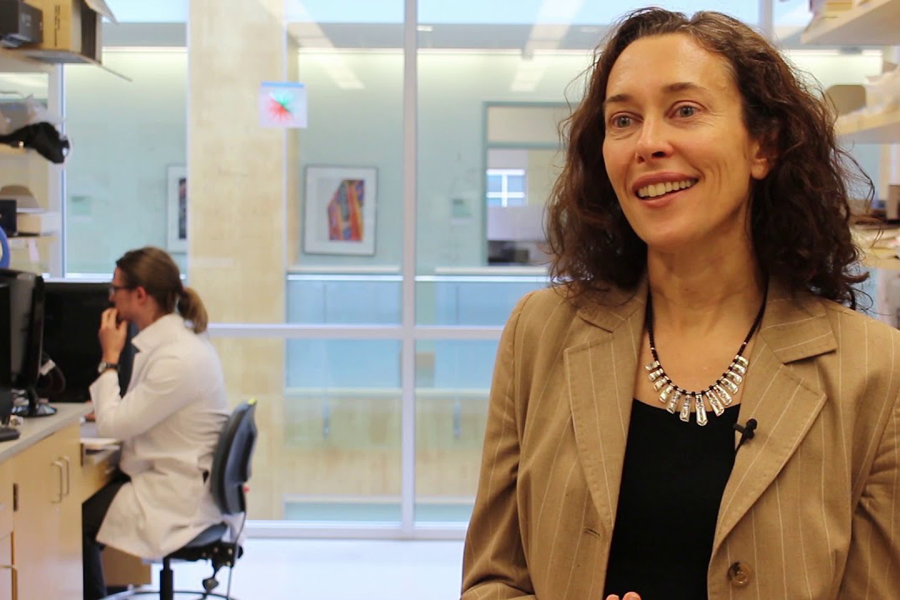Alumni News
Alumnus Mingyi Wang Named Schmidt Science Fellow
Carnegie Mellon University alumnus Mingyi Wang was named to the 2022 cohort of Schmidt Science Fellows. Now a postdoctoral researcher at California Institute of Technology, Wang will continue his interdisciplinary research into the role atmospheric aerosol particles play in climate change.
Atmospheric aerosols, tiny liquid or solid particles that are suspended in the atmosphere, play a significant role in cloud formation and climate. Knowing more about these particles could help to inform climate prediction models that are used to develop mitigation strategies for climate change.
“The main motivation for my research is climate change,” said Wang. “According to the IPCC (Intergovernmental Panel on Climate Change), the Earth’s mean temperature is predicted to rise by between 1.5 – 4.5 °C for a doubling of CO2 in the atmosphere by around 2050. But it is extremely difficult to know how best to act against climate change, because we simply don’t know whether the warming is going to be 1.5 or 4.5 °C. This large uncertainty comes from a poor understanding of aerosol particles in the atmosphere and their effects on clouds.”
As a doctoral student in Carnegie Mellon’s Department of Chemistry, Wang investigated the chemical mechanisms that drive particle formation in various environments throughout the atmosphere, such as polluted cities, marine regions and the upper troposphere. His doctoral research was published in high profile journals including Nature and Science.
“Mingyi is an extraordinary researcher. He has great skill with state-of-the-art instrumentation but also deep understanding of the key questions for atmospheric chemistry within reach of his experiments,” said Neil Donahue, Thomas Lord Professor of Chemistry and Chemical Engineering and Engineering and Public Policy at Carnegie Mellon, and Wang’s thesis adviser. “He showed impressive leadership skills when he organized incisive experiments in a large scientific collaboration (the CLOUD consortium at CERN) to answer those questions.”
Wang’s postdoctoral work will pivot from atmospheric chemistry to aerosol microphysics. He plans to characterize aerosol particles found in the free troposphere, utilizing novel particle sizing instrumentation, machine learning-based data fusion methods and an aerosol microphysics model. Through this research, he will provide a comprehensive understanding of particle formation and new constraints on how aerosols are impacting the Earth’s climate.
“The Schmidt Science Fellows program will provide me with absolute intellectual freedom, supporting my ambition for high-risk, high-reward research in atmospheric and climate science,” said Wang.
Wang is one of 29 new Schmidt Science Fellows. The fellows are a group of exceptional early-career scientists from around the world, each committed to transcending disciplines to advance discovery and drive innovation that improves the quality of life for all.
Schmidt Science Fellows is the inaugural Program of Schmidt Futures, the philanthropic initiative of Eric and Wendy Schmidt. Now marking its fifth anniversary, Schmidt Science Fellows exemplifies Schmidt Futures’ mission by bringing the brightest minds together to solve society’s toughest challenges.
Alumna Jennifer Hartt Elisseeff Honored By Society For Science
Department of Chemistry alumna Jennifer Hartt Elisseeff, who received her bachelor’s degree in chemistry in 1994, was honored by the Society for Science as part of its inaugural class of notable alumni.
The Society for Science sponsors competitions including the Science Talent Search, the International Science and Engineering Fair and other STEM competitions for middle schoolers and highschoolers. In celebration of its centennial anniversary, the organization decided to honor notable alumni based on its professional achievements and their contributions to science. Out of its 70,000 alumni, only 100 were chosen.
Elisseeff is the Morton Goldberg Professor and director of the Translational Tissue Engineering Center at Johns Hopkins Department of Biomedical Engineering and the Wilmer Eye Institute. Her current research focuses on regenerative medicine, and she works to develop biomaterials for orthopedics, reconstructive surgeries and ophthalmology.


